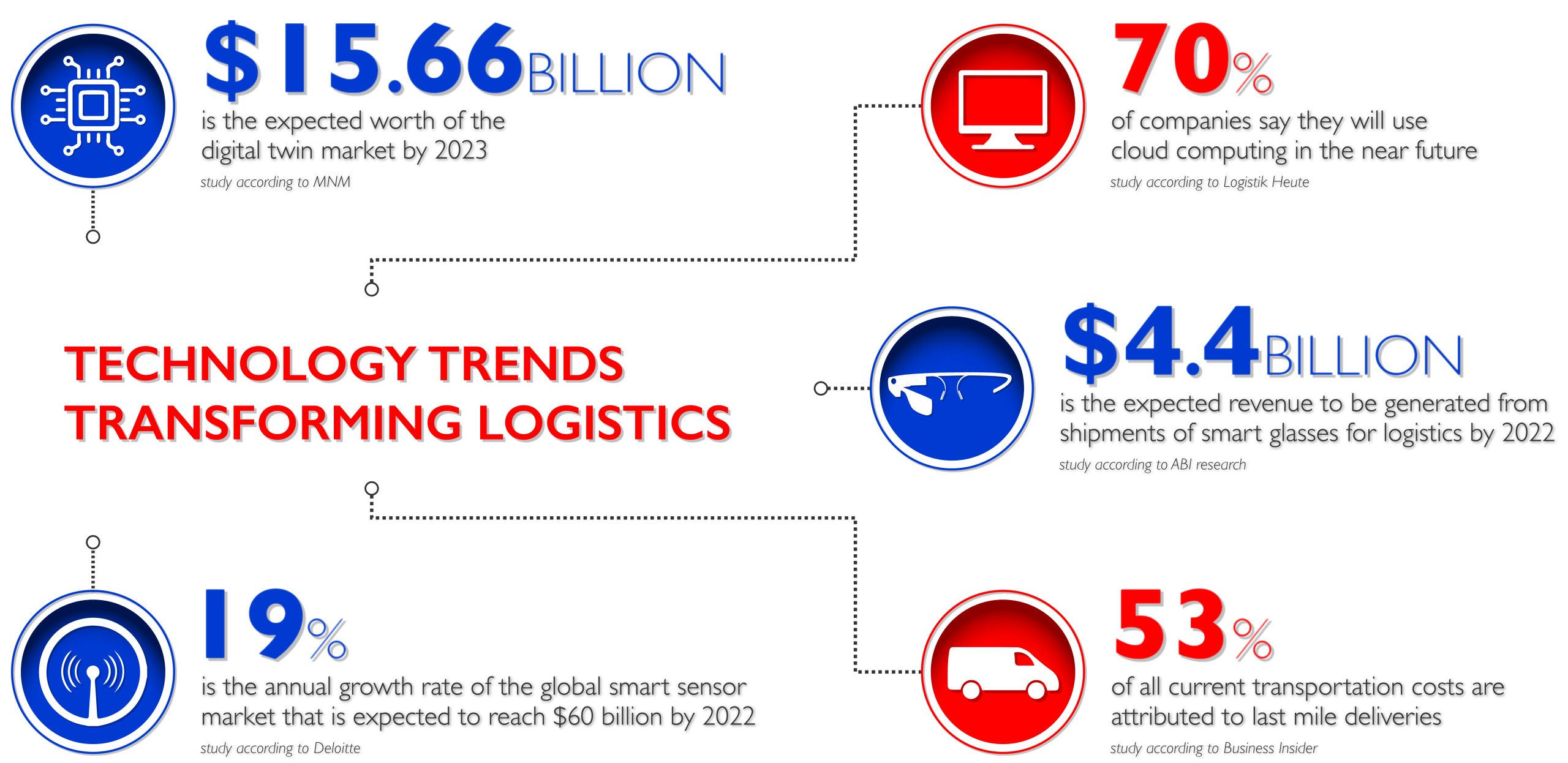In the fast-paced world of international trade, technology is playing an increasingly pivotal role in transforming the way goods move across borders. From streamlining operations to enhancing visibility and reducing costs, technological advancements are reshaping the landscape of global logistics.

1. Enhanced Visibility and Tracking
One of the most significant impacts of technology on logistics is the increased visibility it provides into the movement of goods. Real-time tracking systems, powered by GPS, RFID tags, and IoT sensors, allow businesses to monitor shipments at every stage of their journey. This enhanced visibility helps to prevent delays, reduce losses, and improve customer satisfaction.
2. Automation and Robotics
Automation and robotics are revolutionizing warehouse operations and transportation. Automated picking and sorting systems, robotic palletizers, and autonomous vehicles are streamlining processes, increasing efficiency, and reducing the need for manual labor. This not only saves time and money but also minimizes the risk of errors and accidents.
3. Data Analytics and Predictive Insights
The vast amounts of data generated by logistics operations are now being harnessed to gain valuable insights. Advanced analytics tools can identify patterns, predict demand, optimize routes, and improve decision-making. This data-driven approach helps businesses to make more informed choices, reduce costs, and improve overall performance.
4. Artificial Intelligence and Machine Learning
Artificial Intelligence (AI) and Machine Learning (ML) are emerging as game-changers in logistics. AI-powered algorithms can analyze complex data sets, identify bottlenecks, and recommend solutions. ML models can learn from past experiences to optimize future operations, improve forecasting accuracy, and enhance customer service.
5. Blockchain Technology
Blockchain, the technology behind cryptocurrencies, is finding applications in logistics to improve transparency, security, and trust. Blockchain-based systems can create immutable records of transactions, track the provenance of goods, and streamline customs clearance processes. This can help to combat counterfeiting, reduce fraud, and build trust among supply chain partners.
6. Cloud Computing and Collaboration
Cloud-based platforms are enabling seamless collaboration and communication among stakeholders across the supply chain. These platforms provide a centralized repository for data, facilitate real-time information sharing, and streamline processes such as documentation, invoicing, and payments. This enhances efficiency, reduces paperwork, and improves coordination among partners.
Challenges and Considerations
While the adoption of technology offers immense potential for the logistics industry, it also presents challenges. These include the need for significant investments in infrastructure and technology, the requirement for skilled personnel to manage and maintain these systems, and the potential for cyber threats and data breaches.
The Road Ahead
The future of international logistics is undoubtedly digital. As technology continues to evolve, we can expect even more innovative solutions that will further transform the industry. Embracing these advancements will be crucial for businesses to stay competitive, improve efficiency, and deliver superior customer service in the global marketplace.
I hope this blog post sheds light on the exciting ways technology is reshaping international logistics!

